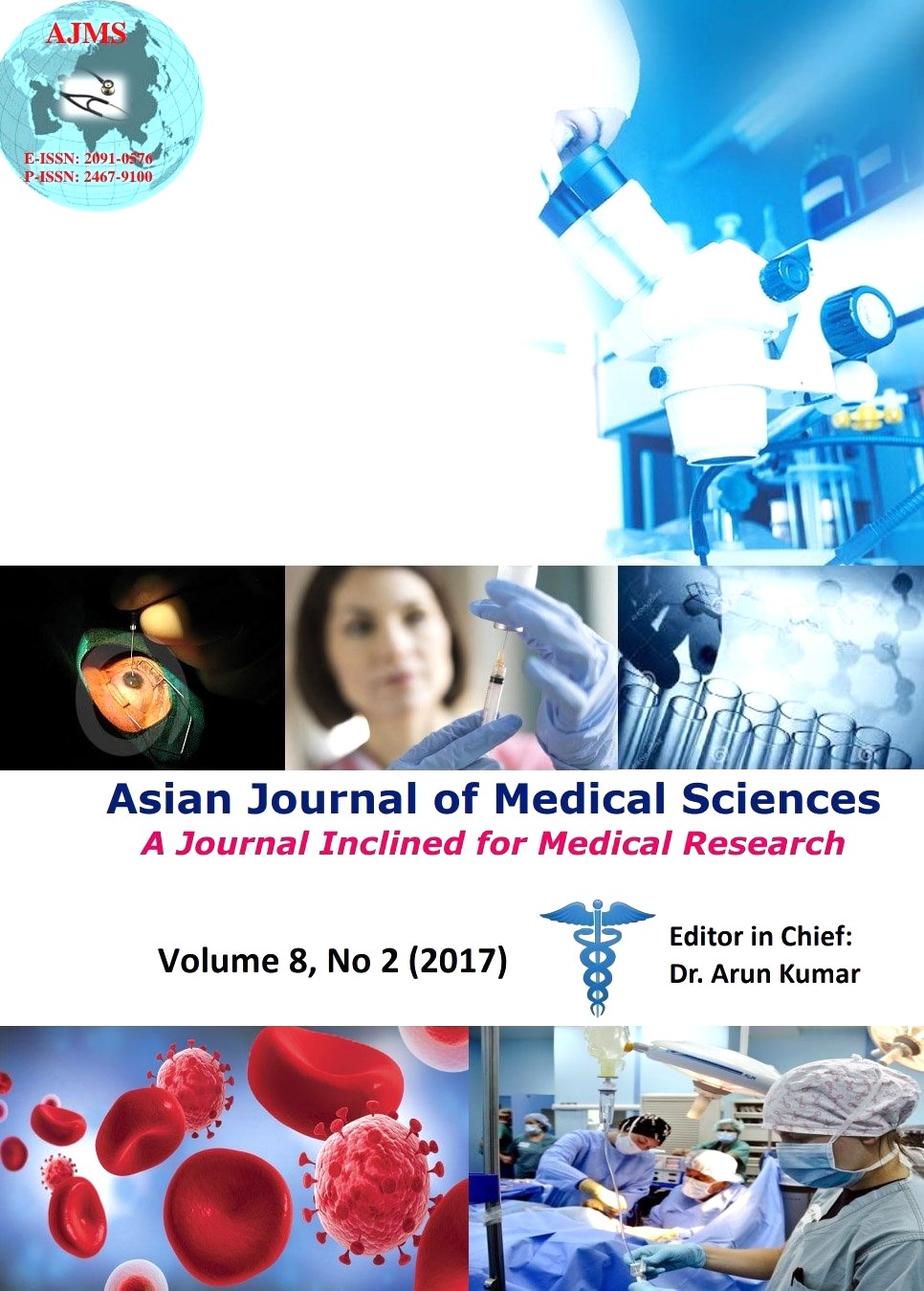Hypoglycemic and antihyperlipidemic effect of aqueous leaves extract of Ficus Religiosa in alloxan induced diabetic rats
Keywords:
Ficus religiosa, lipid profile, lipoproteins, LPL, HMG-CoA reductase, LCAT.Abstract
Background: Medicinal plants provide valuable therapeutic agents,with less adverse effects. A number of indigenous plants were claimed to be useful in the treatment of diabetes mellitus based on folk medicine. The purpose of this study was to examine the hypoglycemic and antihyperglycemic effect of aqueous leaves extract of F. religiosa in alloxan diabetes albino rats.
Aims and Objectives: Therefore, the present thesis aim is in evaluating whether the hyperglycemic condition is related with hyperlipidemia and both these conditions could be controlled by indigenous preparations.
Materials and Methods: The aqueous leaves extracts of Ficus religiosa (250 mg/kg) were administered orally for 21 days, in alloxan induced diabetic rats on Glucose, Lipid profile, Lipoproteins and Lipid metabolizing enzymes.
Result: The aqueous leaves extract of F. religiosa induced signifi cant improvement in glucose, serum lipids, lipoproteins concentration and lipid metabolizing enzymes activity (Lipase, HMG CoA reductase and LCAT).
Conclusion: The present study indicates that the extract of Ficus religiosa exhibits lipid lowering, maintaining lipoproteins concentration and improve the activities of lipid metabolizing enzymes in hyperglycemic rats, by initiating the release of insulin. This study confi rm the possible role of indigenous medicinal plants in the treatment of Diabetes.
Asian Journal of Medical Sciences Vol.8(2) 2017 50-55
Downloads
Downloads
Published
How to Cite
Issue
Section
License
Authors who publish with this journal agree to the following terms:
- The journal holds copyright and publishes the work under a Creative Commons CC-BY-NC license that permits use, distribution and reprduction in any medium, provided the original work is properly cited and is not used for commercial purposes. The journal should be recognised as the original publisher of this work.
- Authors are able to enter into separate, additional contractual arrangements for the non-exclusive distribution of the journal's published version of the work (e.g., post it to an institutional repository or publish it in a book), with an acknowledgement of its initial publication in this journal.
- Authors are permitted and encouraged to post their work online (e.g., in institutional repositories or on their website) prior to and during the submission process, as it can lead to productive exchanges, as well as earlier and greater citation of published work (See The Effect of Open Access).




